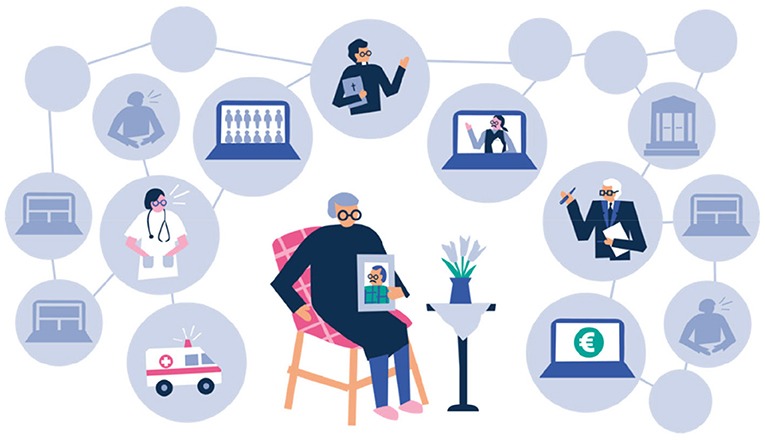Ethical AI in Practice – Responsible AI Workshop Series


Overview / Context
In recent years, the rapid adoption of AI technologies has brought tremendous benefits but also serious ethical challenges. From biased algorithms in hiring platforms to unfair decision-making in healthcare systems, the need for education on responsible AI has never been more urgent. Recognizing this gap, I designed and facilitated a multi-week workshop series aimed at students and early-career professionals in technology. The workshops were intended to equip participants not only with theoretical understanding of AI ethics but also with practical, hands-on skills to identify, analyze, and address ethical issues in real-world AI applications. My goal was to bridge the disconnect between abstract ethical principles and the realities of AI implementation in industry.
Approach / Methods
To make the learning experience both rigorous and engaging, I structured each workshop around three core components: interactive exercises, case studies, and collaborative projects.
Interactive Exercises: Participants engaged with simulated datasets that contained built-in biases, exploring how algorithmic decisions can unintentionally reinforce social inequalities. These exercises encouraged critical thinking and prompted participants to propose modifications to mitigate bias.
Real-World Case Studies: Each session incorporated examples from healthcare, finance, and hiring technologies to illustrate the consequences of ethical lapses in AI. Participants analyzed the decisions made by these systems, debated the ethical trade-offs, and considered how human-centered design principles could have improved outcomes.
Collaborative Projects: Participants were grouped into small teams to design hypothetical AI systems for social good. They applied fairness, transparency, and inclusivity principles, receiving iterative feedback from myself and peers. The projects were presented at the end of the series, fostering discussion and peer learning.
Throughout the program, I emphasized a human-centered design approach, encouraging participants to consider the real-world impact of their technology on diverse populations and communities.
Outcomes / Impact
The workshop series reached over 50 participants from a variety of educational and professional backgrounds. By the end, participants demonstrated a measurable improvement in their ability to:
Identify potential biases in AI systems.
Apply human-centered design principles to problem-solving.
Integrate ethical considerations into project planning and decision-making processes.
Feedback from participants highlighted that the hands-on exercises and real-world case studies were particularly valuable. Many reported that the experience increased their confidence in discussing ethical AI challenges with colleagues and mentors and that they felt more prepared to integrate ethical considerations into future projects.
Reflection / Lessons Learned
This project reinforced several key insights about teaching ethics and human-centered AI in practice:
Hands-on experience matters: Abstract principles alone were not sufficient; participants learned best when they actively engaged with the problems and proposed solutions themselves.
Context is key: Using real-world examples made ethical dilemmas tangible and sparked more meaningful discussion.
Iterative feedback enhances learning: Providing participants with multiple opportunities to refine their projects encouraged deeper understanding and application of ethical principles.
In future iterations, I plan to incorporate longitudinal follow-ups to track participants’ application of these skills in their professional work and explore partnerships with industry to provide more real-world datasets for hands-on exercises. This project demonstrated that with structured guidance and active engagement, students and early-career professionals can meaningfully grasp the complexities of ethical AI and human-centered design.
Made with ❤️ by Fatima.
Email: fxtima512@gmail.com Phone: 470-573-4830
Bridging technology, learning, and human-centered design.